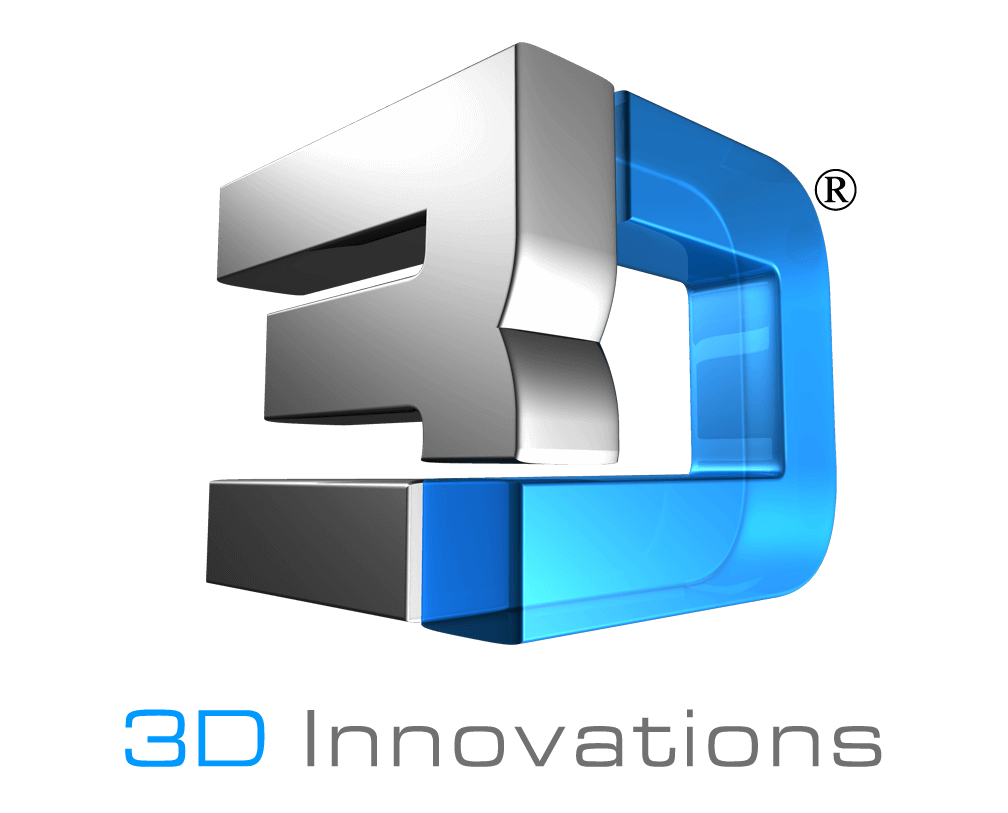Launching a startup? Scaling your current business? There are tons of resources available to entrepreneurs out there. However, finding the exact resources to fit your precise needs can be slightly more challenging. Business accelerators, incubators and co-working spaces all offer similar services with slight ‘tweaks’, the lines between them get blurry. We have defined each below to help you make an informed decision on what is best for your business.
Accelerators
![]() Time is of the essence with accelerators. With experts by your side, accelerators aim to launch your startup in a matter of weeks or months, instead of years. Traditionally there is an application process that an entrepreneur is required to complete before being accepted into an accelerator program. However once you are accepted, you are thrown onto the fast track of scaling your business. The product development timeline is drastically reduced, which makes the incubation period very short and intense. Accelerators aim to turn business ideas into prototypes or products that are ready to go to market quickly—mere months. Sponsors provide initial funding and expertise to small groups that can demonstrate a great product idea. In return, the sponsors take a small equity stake in the new business, on average less then 10%.
Time is of the essence with accelerators. With experts by your side, accelerators aim to launch your startup in a matter of weeks or months, instead of years. Traditionally there is an application process that an entrepreneur is required to complete before being accepted into an accelerator program. However once you are accepted, you are thrown onto the fast track of scaling your business. The product development timeline is drastically reduced, which makes the incubation period very short and intense. Accelerators aim to turn business ideas into prototypes or products that are ready to go to market quickly—mere months. Sponsors provide initial funding and expertise to small groups that can demonstrate a great product idea. In return, the sponsors take a small equity stake in the new business, on average less then 10%.
With business accelerators the emphasis is on rapid growth and a successful product launch. At the end of the period, the entrepreneurs have the opportunity to make a pitch to venture capitalists to obtain further funding. A business accelerator is therefore more suitable for startups that want to reduce time to market, rather than grow gradually.
Incubators
Business incubators provide businesses with office space and shared facilities, such as telecommunications systems and internet connections, in a dedicated building. Entrepreneurs can access advice and guidance from professionals such as accountants, marketing consultants and business advisers who are associated with the incubation center and act as mentors. Entrepreneurs typically stay in an incubation center for three to five years, although there is no minimum or maximum period.
New businesses find that rents are lower in incubation centers—typically 25 to 50 percent less than commercial rents, depending on the region you are in. They benefit from networking opportunities, the mentoring and professional advice available and the contacts with other entrepreneurs that provide a stimulating environment for growth.
Co-Working Space
Technology advances mean that you no longer need to be tethered to a single office to get work done. Co-working spaces offer cheap office space and business facilities for entrepreneurs, but more than that, they provide the opportunity to ‘rub elbows’ with other entrepreneurs and freelancers. The networking opportunities are vast. Similar to accelerators and incubators, there is access to basic shared office facilities and mentors in various fields. Many of the people in co-working spaces find it inspiring to work around other like-minded entrepreneurs.
Co-working spaces offer flexibility and the least amount of structure out of the three options. These spaces can accommodate a growing team and don’t require a firm lease commitment like traditional office space. Many co-working spaces are funded through memberships, however, there are a few out there that are free (i.e.Gangplank).
Please feel free to send any additional questions you may have to info@3d-innovations.com. We look forward to chatting!
________
3D Innovations is a Product Development Company – from the 3D Design to a fully functional 3D Prototype & Product.
Startup Connector is a Manufacturing Accelerator helping companies commercialize—turning ideas into products.
Subscribe to the 3D Innovations newsletter on our Facebook page!

